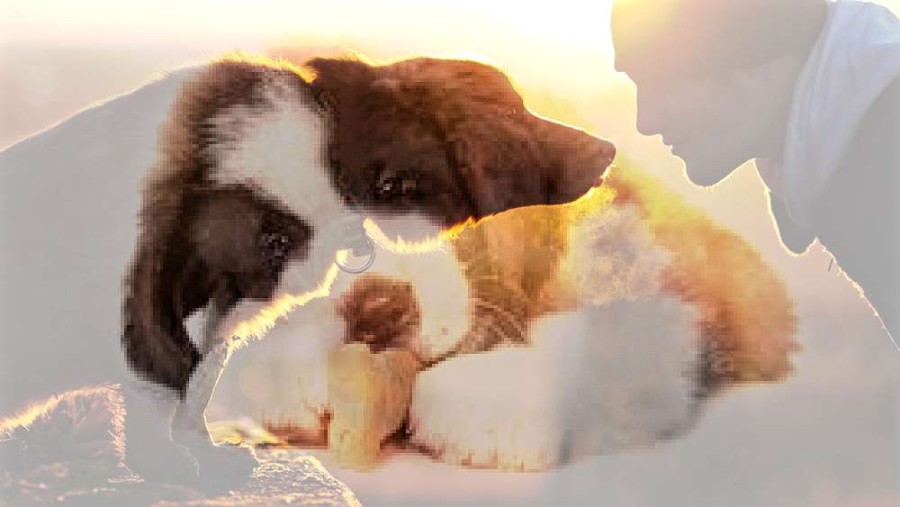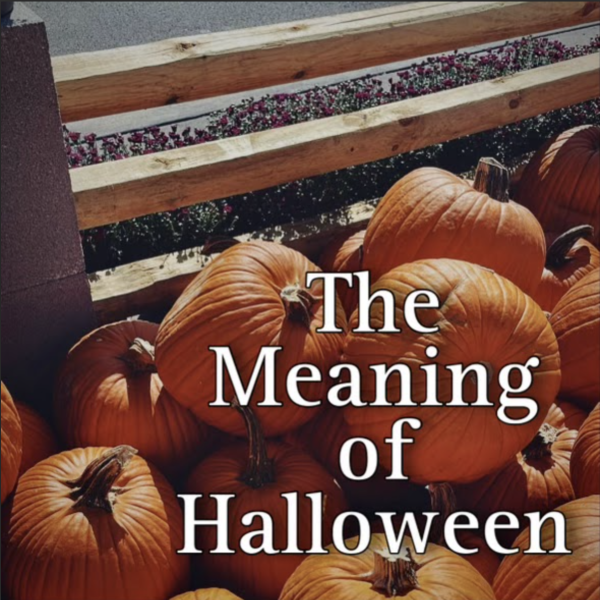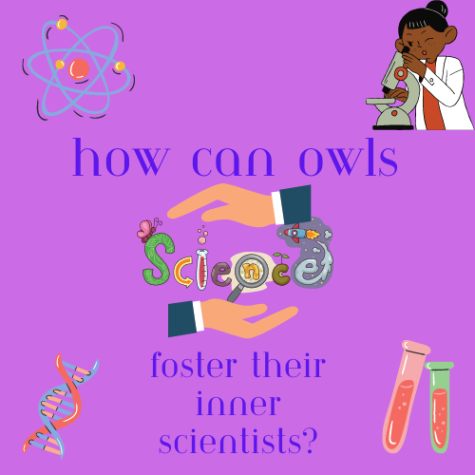Paw-sitively Loved
How the Love of Dogs is Proven Scientifically
Humans have loved dogs for centuries. Canines have been known as man’s best friend and have embedded themselves into several cultures. It’s not hard to form adoration from bonds with these creatures, but do they share mutual affections? Recent studies show we may not have all the answers, but dogs think differently than we have thought.
The MR Research Center in Budapest has developed a brain scanner to decipher the way dogs process smells. They safely placed the dogs inside these scan chambers and offered different smells through the machine, especially human scents. The results showed that dogs experience increased activity in the caudate nucleus, making it a particular scent that dogs look for.
Research was also put into the way dogs develop sounds and how much they recognize emotionally driven vocals. Not only did dogs seem to notice when sounds are different emotions, they “found that happy sounds in particular light up the auditory cortex.”
Along with reactions to smells and sounds, dogs experience a heightened level of oxytocin when giving eye contact with humans. This is known as the hormone for love, and is spiked during various actions of affection. It’s even seen in infants when they peer into their mothers eyes, and vice versa. Miho Nagasawa and her co-worker Takefumi Kikusui tested this reaction between dogs and humans in 2015 to see if there would be a similar outcome.
The test required owners and their dogs to spend thirty minutes in a room together and the oxytocin levels would be measured in urine samples afterward. They found that “the more a dog gazes into a human’s eyes, the more pleasure and child-like feelings of adoration in experiences.” Dogs are the only non-primitive animal to have a reaction as strong as this one.
This is why it’s no great mystery why humans have such a strong connection to dogs; it’s because they have the same connection to us. They feel adoration when they look at us. They can tell when we’re sad or sick. They’re also the only animal that will run towards owners in states of fright
instead of away, as a horse or cat will do. A best friend will love you and care for you, and dogs have certainly done that for man.


















Maddison Brandley • Feb 4, 2016 at 2:09 pm
Great article, Kenzie!